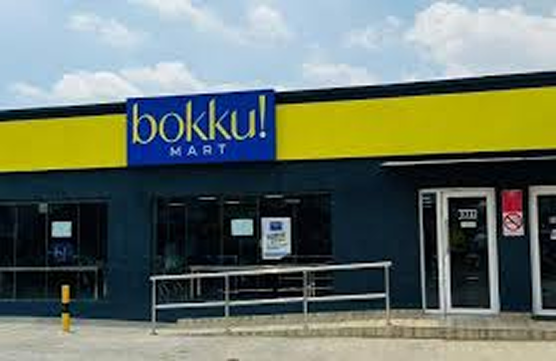
Author: BrandingSchool.NG
03/09/2023
3 quick hacks to fast-track your industry visibility
- Digital, Marketing, Strategy

It’s one thing to be great at what you do, but it’s a totally different thing to be known for it. In the real game of business, being great at what you do is never a lasting edge. Consistently being in the faces of those that matter is what gives you an edge. This is why you must pay attention to visibility just as you pay attention to quality. Not doing that only makes you the best-kept secret in your industry.
So do you feel like your voice is being drowned in the ocean of stiff competition around you? I’ve got you covered! When I started out my first business in 2018, I was greeted with a huge crowd of people doing similar things, but this is the close of 2022, and I can tell you that I’ve successfully turned what I started with zero funding into a multi-million naira agency. So, what were some of the things I did that gave me the edge?
What are these 3 quick hacks?
1. Pay attention to local listings.
This is something a lot of small business owners don’t know. You see? Local listings have the power to make you visible to the people who live nearby and are looking for what you do in your area. And can I burst your bubble? It’s even free to set up! A very good example is the Google Business Profile (GBP). With GMB, you can position yourself as the trusted go-to for the kind of services that you render.
The platform allows you to update your business activities in real-time and also get real-time reviews from people who have had an experience with your brand. As you consistently do this with the right use of keywords (both in your postings and in the reviews clients and customers send to you), your business begins to show up on the very first page of Google each time what you do is searched. See also: How to set up Google Business Profile for local visibility
2. Differentiate yourself with your story
Imagine yourself in a faraway country in the midst of a crowd of people, and suddenly, you begin to hear someone sing in your local dialect. I’m very certain your eyes will scan thoroughly to find the person, and if possible, make contact with the person and even establish a relationship. Does that look like what’s going to happen?
That’s exactly how stories work. They’re magnets that draw our real tribe to us, just the same way you’ll feel drawn to someone singing in your dialect in a faraway country. Each time you show up on your social platforms, always see yourself as a storyteller. Whether it’s a business post, a casual post, or you’re just commenting on other people’s posts, whatever activity you’re carrying out, you’re directly telling a story.
And to make it even clearer, what are the kinds of content that constitute a solid brand story? Think of stories that portray the pain your target audience is going through. Think of stories that paint a vivid picture of the kind of life your target audience is aspiring to have. Think of stories that portray the day-to-day experiences or lifestyle of your target audience. Think of a powerful story that captures the reason you started that business. These are the types of stories we refer to as “brand stories.” The more you creatively share content like this, the faster you draw the attention of those who need what you sell.
3. Creatively communicate your uniqueness
Allow the uniqueness of your offerings to shine through on your platforms. Not the kind of “We’re the best at this” or “We give the best quality bla bla bla.” Dig deep into the emotional and functional benefits of your products and services and let them be well communicated across your touch points. These are the things your market wants to see upfront. They’re sick of hearing or seeing vague words and cliches.
4. [BONUS] Leverage other people’s platforms.
The blunt truth is that, as a new industry entrant, very few people know you. And it’s certain that very few people are ready to give you a try. The best way to overcome this limitation is to leverage other people’s platforms. Three ways to achieve this are:
(1) Use influencers whose primary audience (followers) are those who are most likely to need (or crave) what you sell.
(2) Follow industry hashtags to find interest groups and trends around your industry that you can be a part of. This puts you more quickly on the radar of your target market.
(3) Locate authorities within your niche and those in related fields and be of value either through collaborations, engaging with their content meaningfully, or a combination of both.



